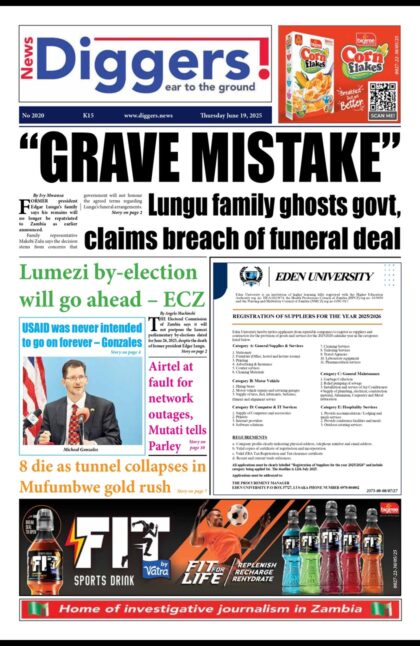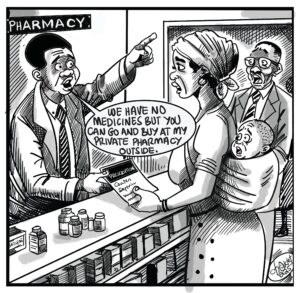Veteran politician Vernon Mwaanga says African countries have a lot to learn from the way South Africa conducts credible elections.
And Mwaanga says people are sick and tired of disputed elections which result in conflicts and have the potential to undermine peace and stability.
In a write up to News Diggers! Mwaanga observed that one of the most common sources of conflicts in Africa was disputed elections.
He added that elections needed to be taken seriously by both the electoral bodies and those participating in the process.
“One of the most common sources of conflicts in Africa, is the curse of disputed elections. Elections are about power and must therefore be taken seriously by both the electoral bodies charged with the responsibility of conducting elections and those participating in them. The history of elections has not always been a happy one even in the established democracies of the world,” Mwaanga stated.
“It is generally agreed that democratic elections must be free, fair, transparent and above all, must genuinely reflect the wishes of the people. The African Union, ECOWAS and SADC, have all adopted guidelines and declarations for holding elections, which generally meet international standards. The media and particularly the public media, gets very special mention in terms of the impartial role they are supposed to play before, during and after elections. Regrettably, there are very few or no enforcement mechanisms for countries which honour these statutes more in breach.”
And Mwaanga observed that African countries had a lot to learn from the way South Africa conducted credible elections.
“It is an undeniable fact, that we have had at one time or another, disputed elections which have resulted in the loss of lives. Whether it is in North Africa, Horn of Africa, West Africa, Central Africa, East Africa or Southern Africa. This shows that we are not learning best practices on how to conduct credible elections from each other and particularly from relatively new democracies like South Africa, which have had a commendable history of conducting credible elections. We have a lot to learn from the way South Africa conducts elections,” Mwaanga stated.
“It is critically important that Electoral Bodies, are seen to be independent and impartial , which must additionally enjoy the confidence of the citizens of each country for starters. The voting process and the system for declaring results must be open, transparent and credible, to avoid accusations of rigging or bias.”
Meanwhile, Mwaanga stated that African countries should learn how to manage elections better to enjoy peace, noting that people were sick and tired of disputed elections which resulted in conflicts.
He added that courts of law should be left alone to hear and determine election petitions in accordance with the law, without any interference from those in power.
“African countries must learn to manage elections better, so that our Continent can enjoy peace before, during and after elections. Where there are genuine election grievances, the courts of law must be left alone to hear and determine election petitions in accordance with the law, without any interference from those in power, particularly in countries where the ruling elites have become corrupt or incompetent and want to cement their stay in power, for fear of being prosecuted, for their ill gotten wealth once they leave office,” stated Mwaanga.
“The rule of law and constitutionalism must always be strictly observed and respected. Citizens must enjoy the freedom of speech, choice and movement, which are guaranteed in most constitutions. Democratic governance, with all its shortcomings, remains the best form of government. The alternative is dictatorship and autocracy, which have no place in the 21st century. We are sick and tired of disputed elections which result in conflicts and have the potential to undermine peace and stability.”




















One Response
The simple but fundamental question Mr Mwanga must help us answer is this: why do we have disputed election outcomes in the first place? Do we have disputed elections because incumbents subvert the will of the people or is this simply a case of the opposition being bad losers. What about institutions that are mandated to run elections, are these truly independent and not at the beck and call of the incumbent Party? And what about the opposition Parties, do they have the capacity to protect their votes? What is what is the role of security agencies, do they align themselves to the incumbent Party or at time of elections, do they stand by the Constitution which they swore to uphold or protect?These are some of the fundamental questions which beg and answer. And finally, why are most African leaders afraid to leave office, to cede power to an elected opposition, as has been the trend in some African countries, Mr Mwaanga?